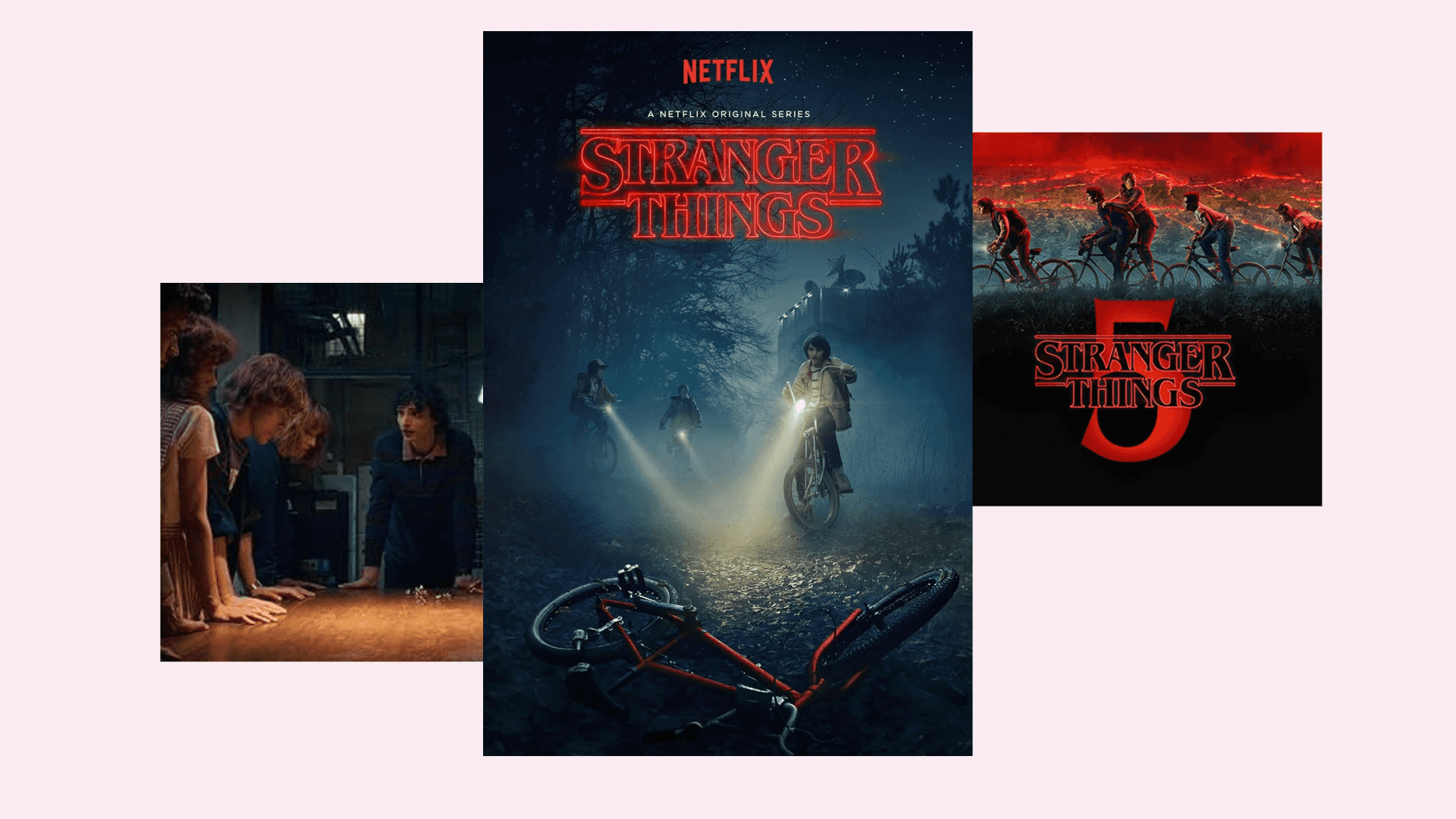
Amazon Launches ‘Storefronts’
Written by Daniel
Amazon recently announced a new feature known as ‘Storefronts’, allowing U.S. SMEs to have their own ‘Storefront’ on Amazon’s ecommerce platform. We take a look at what this could mean for Amazon and the wider ecommerce community…
See below for the full video transcription.
VIDEO TRANSCRIPTION:
Lee: So the next thing we’re going to talk about is another Amazon roll-out. They’re calling it Storefronts. You may or may not have seen the TV campaign that’s being launched alongside this product. They’ve basically onboarded 20,000 small to medium business, and they’re offering them full infrastructure and back-end as if it’s their own website proposition. So this signals to me that it’s a little bit like stepping on, maybe, a Shopify’s toes or someone like that.
Jamie: Is this only in America?
Lee: Yeah, this is U.S.-only for the time being. But it’s across a million products collectively, which is quite a big test group. I think this is a stride forward for Amazon in terms of offering small to medium businesses a way to get straight into market. It’s going that way more and more. Little independents. Medium-sized businesses want that capability. I think it’s something that Shopify have done well up to this point. If I were Shopify, I’d be a little bit worried about this.
Jamie: So can you brand all this?
Lee: Yes.
Jamie: Like a white label?
Lee: Yep. So it’s basically having your own store within Amazon, and all the back-end is, like, order fulfilment, all your management. Order management, customer service, all that is built into the back-end.
Chris: So it would pull in all your products, basically, from Amazon.
Lee: Basically, if I have got a small business and I’ve got an Amazon store, I go to Amazon in the morning, I log in, see all my orders, I do my customer service, I reply to feedback emails. Everything is in that system.
Jamie: It’s interesting because obviously you can set up Shopify and then use Amazon Pay as your payment gateway. It’s more or less the same thing, but you’re just duping your inventory management I guess, between Shopify and Amazon.
Lee: Well, with Shopify, you’re probably more eligible to be within Google’s search results, as opposed to Amazon. Amazon are basically using their own platform to sell this in, I think, whereas a Shopify will say your search eligibility for Google will be greater. Having your own store, you’ve got more control over that presence. And I think Google will probably cotton onto this and maybe down-weight Amazon results. I think people are starting to now, especially over the last 18 months, go straight to Amazon to search Amazon.
Jamie: Yeah, for the shopping.
Chris: I think people are definitely making that shift now.
Jamie: People don’t price-compare Amazon anymore. They just do it. They just buy from there anyway.
Chris: It’s definitely interesting because they’ve got a relatively…if you’ve had a couple of, or you’ve done your research in the past, then ultimately it’s guided you towards Amazon. You’ll have probably found that it is mostly price competitive, as well. So I think people, they’ve built a reputation up whereby they can cut out all the research and just get to the end product without doing all that because it’s…
Jamie: It’s independent though, isn’t it? Because some sectors are priced really competitively, especially when Amazon’s selling the product themselves.
Chris: Yeah. Well, they know they’re not extortionate. Or they know that they’re going to be within, you know, the region of the ballpark market price. But not only that. It’s easy, isn’t it? It’s the convenience of it all. So, yeah, that doesn’t surprise me.
Jamie: It’s mentality, as well, with Prime. If you’ve got a Prime subscription, you don’t even care if it’s…
Chris: No. You want to make the most of it, don’t you, to get your…
Jamie: Yeah, if it’s £80 a year, or whatever it is. You’re willing to take a hit on price just to make use of what you’ve already paid for. You’re in too deep, aren’t you?
Chris: That’s such a clever marketing tactic, that, because it forces people to buy more than they already would, just to justify their outgoing.
Lee: 100%.
Chris: It’s crazy, really.
Jamie: Especially when you’re price-comparing it to companies that still charge £10 for next-day delivery or whatever, because you just immediately have got that margin.
Lee: The advantage from a business perspective, for me, is, like, if I were looking for, I don’t know, a camera, I wouldn’t buy from an independent small business if the product were listed on Amazon. So as a business, I would want my store to be on Amazon, objectively, just to mitigate losing that.
Chris: It’s the security, isn’t it?
Jamie: Does this integrate with Prime?
Lee: It will do. You’ll be able to work that in, won’t you, and offer Prime-eligible delivery like a normal Amazon shop.
Jamie: That makes a big difference. Obviously you can’t do that elsewhere, can you?
Lee: I think that’s probably why they’re launching it U.S.-only, as well, because the infrastructure for Prime outside of the U.S. is not as comprehensive.
Jamie: That’s a very interesting point.
Chris: Yeah. I think that’ll get a lot of interest, if I’m being honest. I think they’ll see a lot of impact.
Lee: Well, as it stands, Amazon can’t really do any wrong at the minute, can they?
Chris: And no doubt, there will be some easy integration with the marketing suite or something like that if they want to deploy ads through their own marketing inventory and networks.
Lee: It comes at the same time, doesn’t it, as they’ve just unified all of their ad products.
Chris: Yeah. There’ll be an all in one integration, like an easy campaign setup, won’t they, or a plugin, or something like that that’ll allow you to do some retargeting or something like that.
Lee: Or Amazon will set up a team like Google have with AdWords where you get a local business manager and they’ll say, “Right, we could set you live for this if you can spend this much a day.”
Chris: Yeah. Or it’ll be, like, an Express. You know, like there’s a Google Express account for small businesses and things like that. I imagine there will be some sort of equivalent in that fashion.
Jamie: I wonder if Amazon will make you pay more to advertise for products that Amazon are already selling in the first place. You know, like in terms of the bid management and stuff.
Chris: What do you mean?
Jamie: So let’s say you want to create a shop in there that sells USB cables. Amazon already have their own range of them on Amazon Basics and what have you. I wonder if they’ll deliberately charge you more to try and market that.
Lee: 100%.
Chris: Yeah, possibly.
Lee: 100%. Amazon will always push its own products.
Jamie: Yeah. Look at Chromecast and Fire TV and stuff. They don’t even bother listing Chromecasts, do they?
Lee: No. They don’t sell ’em.
Jamie: Well, yeah.
Lee: Interesting.
Jamie: That’ll be good that.
Lee: Amazon domination.
Chris: Yeah. Taking over.





